
10.04.2017
The Cuban artist and the Brazilian curator talk about the current Cuban situation and the changes in the paradigms of perception of reality from within the art community in times of crisis.
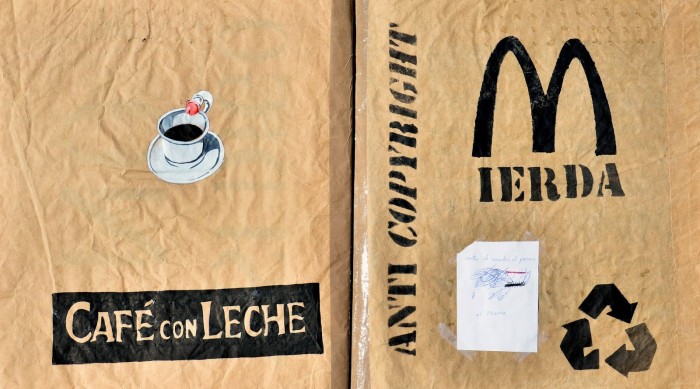
Daniela Castro It seems inevitable to draw equivalents between the first decades of the past century and our current times: severe economic crises, the rise of political conservatism, austerity measures, institutional crises, crises of subjectivities, etc. The cultural turbulence that marked these beginnings of centuries can probably be attributed to a violent reaction against the fact that the old century is dying. Death propels violent reactions because it awakens us to our own mortality. But it also comes with an equally violent force of transformation. Can you see elements of that in the arts, in politics or in the fabric of social life already? Or do you feel that we are still in a windless present waiting for the storm to hit?
Yornel Martinez Elias Faced with your questions, I can see that you’ve been thinking for a long time about global problems, crises and paradigm shifts. This brings up many other questions. Now, etymologically speaking, what is criticism without crisis? The crisis of systems, of discourses, of powers is welcome. It is, in the end, the crisis of a whole civilization and its model of consciousness. Without it we would still not have been given today creativity itself or reflection, or even philosophy. Who will throw the first stone? Paraphrasing Donald Kuspit about activism in art, I believe as he does, that art can only change the perception of individuals, not of society in its totality. Even though, fortunately, the contemporary world and all the values that go along with it are changing forcefully—the human population today is looking for a revolution of consciousness on every plane.
Still, writing these notes from Cuba, my problem continues to be metaphysical. There continues to be a breach between the monstrous error of what I know as an individual and the glimpse of a future in which human society finally culminates in that archetype for which socialism offers a practical vision, and poetry offers a spiritual vision. Without forgetting the critical spirit, here we should talk about a yearning for the utopia that we couldn’t build as a country, as a nation. Your questions challenge me and make me think about the abyss that I create within the quotidian temptation to return to aesthetic and intellectual questions, creation without any other end than the pleasure of intelligence and sensibility. This unleashes a battle in me with the feeling that nothing justifies this ethically if at the same time I am not open to the vital problems of global character. This makes me involved in your questions in a particular way, with the intention of articulating uncertainties, and with the modesty of recognizing my great gaps as an artist and intellectual.
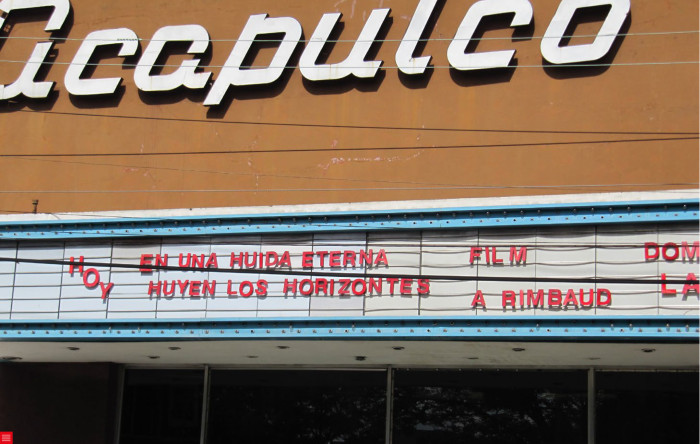
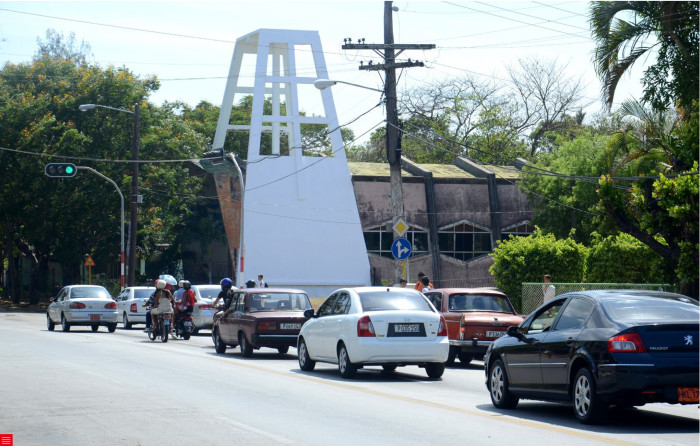
DC We definitely see ourselves in a state of emergency, and by “state” I mean both a frame of mind as well as institutional policies that have been informing political measures in defense of “democracy” and “freedom”—whatever these words mean today— and to the detriment of the environment. It is quite astonishing how both instances that fit within the same word are so closely linked—how one has been impacted severely and directly by the other. At the same time, I see–perhaps as a result– that what’s at stake is an epistemological break with the idea of the subject predicating the object, and this is huge. It seems that the subject is not so strong after all, to bear the weight of determining the verb that then predicates the object. Having worked with you in Japan, I’ve seen that your practice—in particular the P350 project—consists of, first and foremost, an ethical commitment towards disappearing as subjects/creators and having the object speak on your behalf. These objects predicate the subjects involved in their making, their circulation and their handling, as opposed to just illustrate a compendium of ideas or bare an artistic signature.
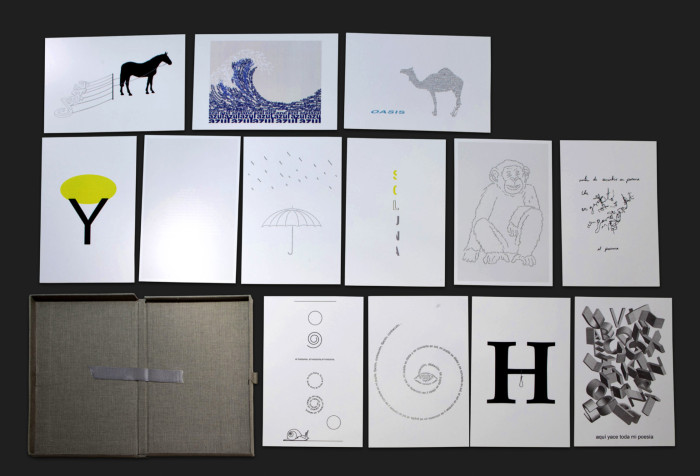
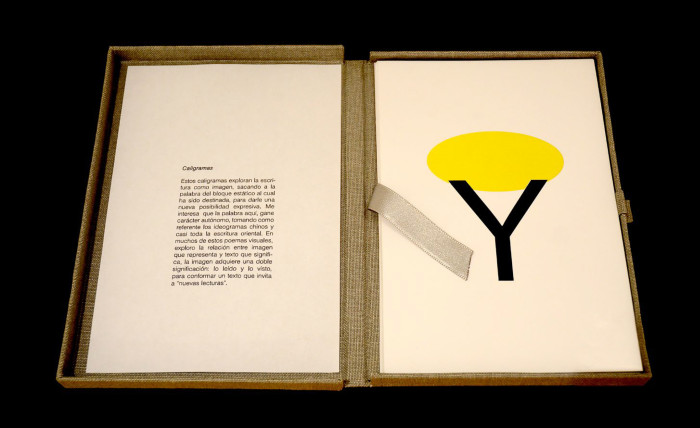
YME Focusing your whole artistic practice from individuality is to deny yourself the possibility to aspire to share with others the fruits of something that doesn’t only relate to you, but to everyone equally. It isn’t only a few creators who have questioned such rigid notions of authority that we continue to manage with in the 21st century. It’s problematic to talk about the author today through art theory. The conception of the solitary artist in their studio has been turned upside down and has turned to speaking about the artist as a manager, as a generator of spaces to mobilize ideas. P350 as a project isn’t a clumping of individuals in the way that cultural industries implicate. In some of the conversations poet Omar Pérez and I had around 2009, the idea emerged to launch an editorial project in dialogue with our context —flexible, mutant, independent of the industry. A project that through horizontality would reunite a flow of information that would function to amplify other voices, avoiding the hierarchy of discourse and that sought additionally to open a space from creativity, with the goal to achieve cultural autonomy. That’s how P350 was created, a self-managed publication produced with paper recycled from cement sacks and constituting a platform capable of visualizing the proposals of graffiti artists, tattooists, designers, visual artists, spontaneous creators, emerging poets, etc. In a strict sense, P350 isn’t a magazine nor a fanzine, but a space of creative freedom that questions the protagonism of editorial management. A horizontal space of discussion that analyses the production of the magazine, as we traditionally understand it— editorial board, series, networks of production and distribution—and that, for example, doesn’t pay ISBN and declares to be anti-copyright. It’s about a gesture that’s consolidated through interactions sparked by the presentations of the project, which become a space to voice and propitiate dialogue about varied themes, creating personal networks and exchanges. We organize exhibitions, lectures and workshops that function as springs to promote debate and the mobility of thinking, an excuse to get together, share something and recuperate spaces of collective production.
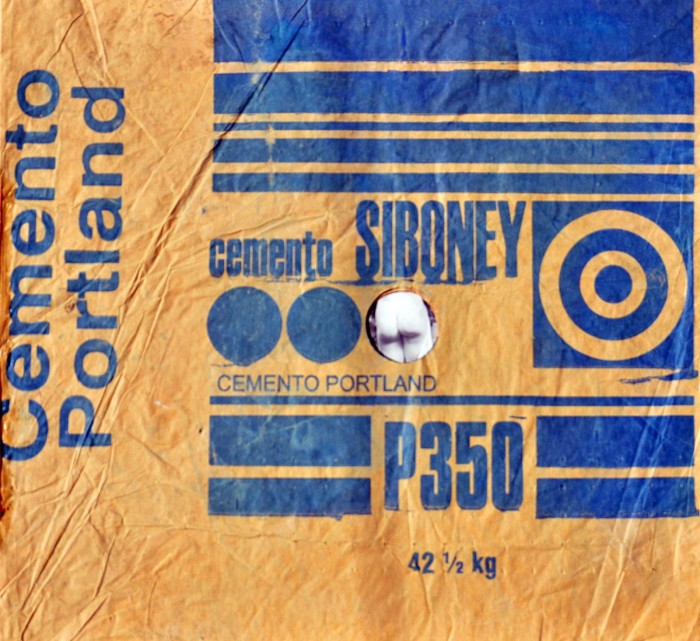
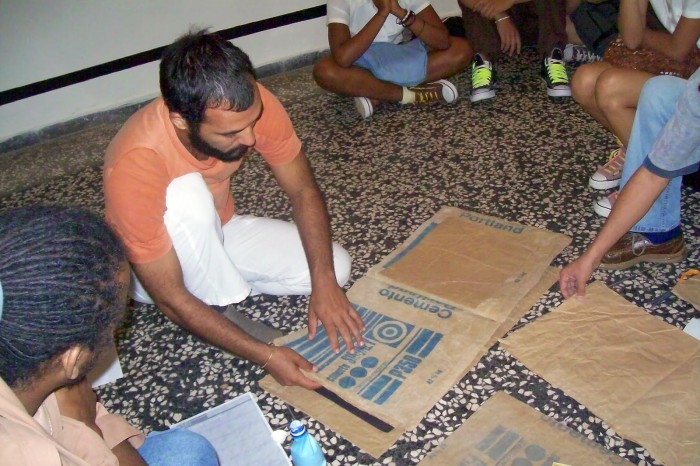
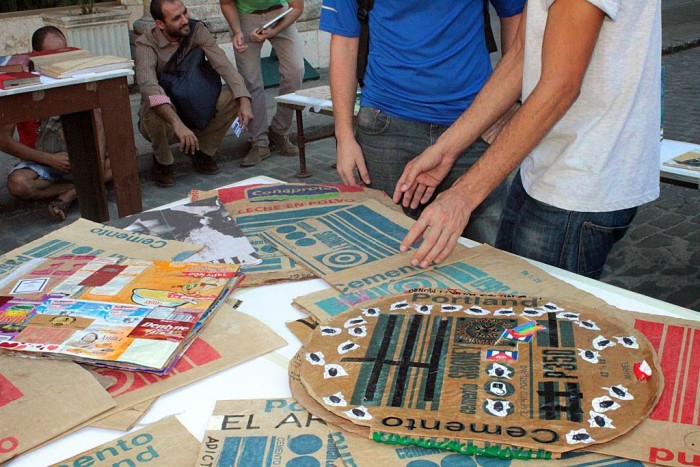
DC Once upon a time, excess was praised as the ultimately necessary means for artistic experimentation. It seems that now we absolutely feel the need to get back to the essentials (for the sake of the environment, for the collective, for our own mind). It’s interesting to think that when we feel cornered we feel we need to get back to something… of course we are only human and have to work with what we know from experience. But it seems also inevitable to include in the equation other living things so that we can learn or relearn ways of enduring. Can enthusiasm overcome anxiety?
YME One participates in many realities in the same moment. For example, in the space of politics everything is happening at the same time and is being traversed by many views and ways of understanding. Evidently many things escape us, or we decide to focus our vision on a concrete point, something as ample as the universe or as specific and minuscule as an atom. In that space many experiences can occur and cross. I think that’s what I try to capture from the sensorial to the sentient. An electroshock of impressions…
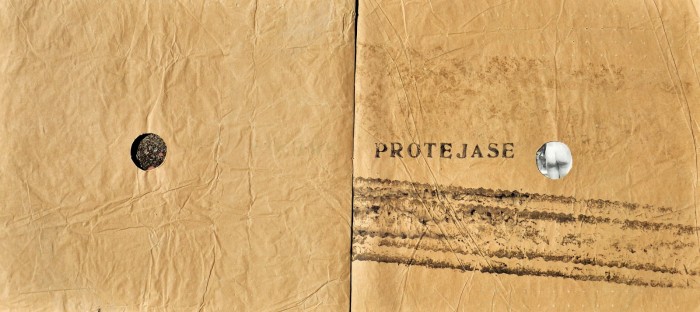
DC Is the world hysteric? And, if so, is that a bad thing?
YME From your question, another inquiry arises for me: how to maintain some sanity in an “order” that tends constantly toward schizophrenia? Pataphysics comes to mind and how some of its ideas help you to reflect better about other systems of thinking because they include paradox, the absurd and the taste for irony. A mental illness has invaded the planet, it is banality. The other day I heard a phrase on Cuban television that caught my attention. They were talking about the elimination of the zones of silence, referring to the arrival of communication mechanisms to the most remote places. Calling that the eradication of the zones of silence seemed absurd to me because it converted silence into something criminal. Its natural, or I prefer to say logical, that confronted by the fast-paced avalanche of progress, silence seems like a negligible fringe, something like weeds. In the end it’s a byproduct, sawdust in our fabric of happiness. Regulations for what’s called “sound pollution” aren’t more, but less lucky than other regulations designed to reduce, you can say, disguise constant pollutants. However, silence and quietness are, in a way, prime material and the foundation for any creation, which is unthinkable without them; it is incomprehensible to create without taking them into account, without loving or protecting them, or even studying them, because there’s so much richness in that emptiness of objectivity. And if language, in the end, isn’t anything else except symbolism, and if, to culminate, that language says that being silent means abiding, I ask again —What is silence?
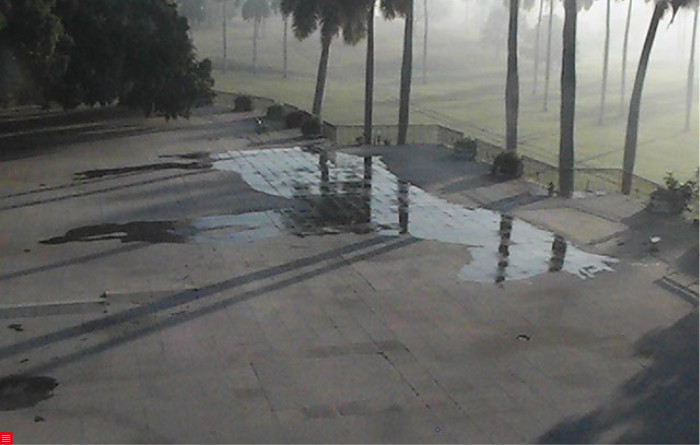
Comentarios
No hay comentarios disponibles.